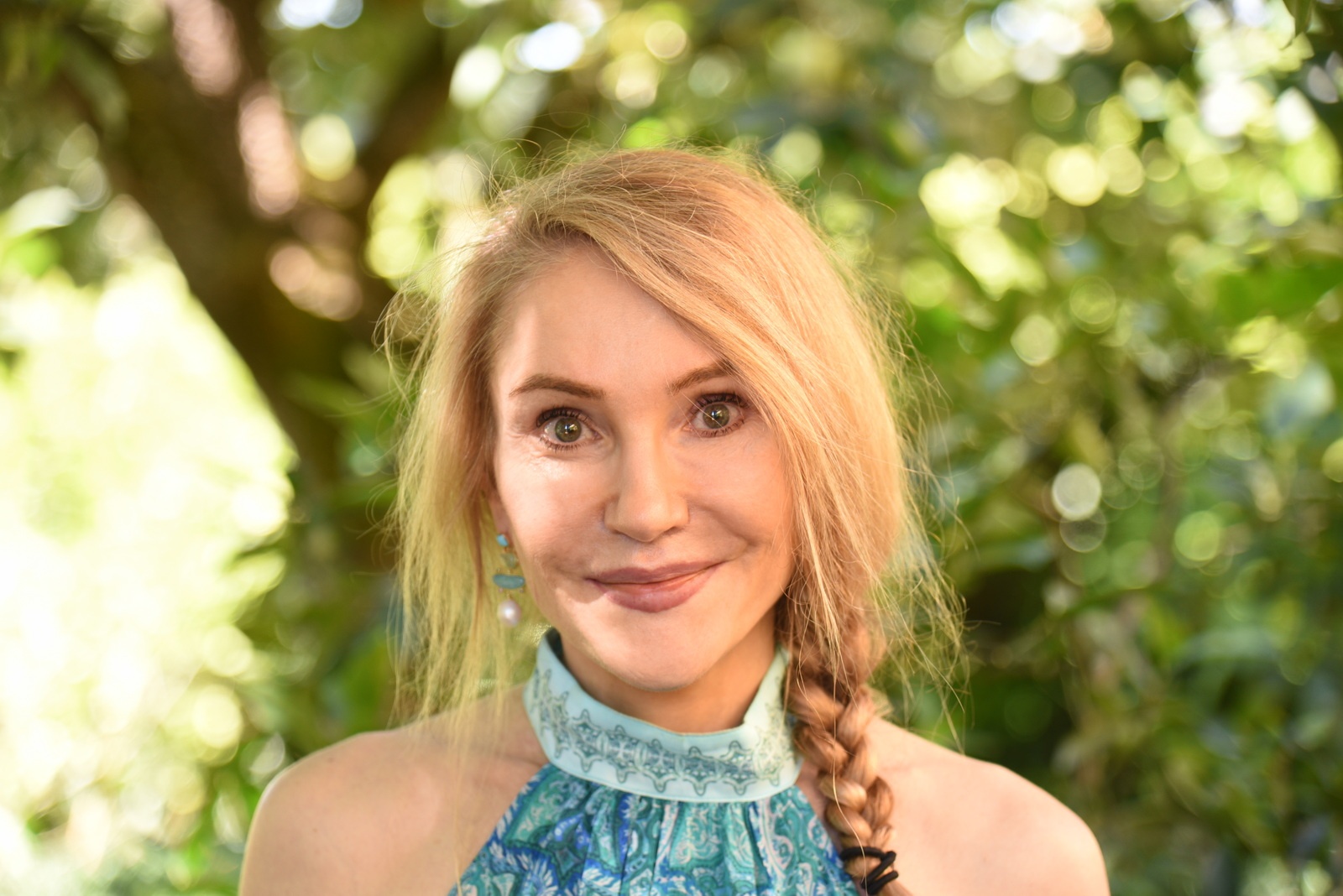Dominique Brancher
Montaigne and Medicine: Thermal Baths, Self-observation and Self-experimentation
2025-2026 (September - October)

Biography
As Professor of French at Yale University, Dominique Brancher is a literary specialist interested in three main areas: the interplay between “literature” and other forms of knowledge, the history of sexuality, and an archeology of Western thinking of life - in particular the boundary between the animate and the inanimate. By establishing a dialogue between literary criticism and life sciences, she has contributed to the foundation of a new subfield, the biological humanities. Her most recent publications include “Montaigne en Asie” (direction of a special issue, 2024) and Héritages botaniques et zoologiques de Pline au XVIe siècle (volume co-edited, 2023). She is now preparing a book on Montaigne and medicine. Before coming to Yale, she held the chair in ancient French Literature at the University of Basel.
Project Summary
Early modern medical anthropology - attending to internal and external flows, to humoral theory and dietetic principles - was structured by the Hippocratic notion of ‘milieu’. How did it shape the mobilist conception of the subject articulated by Montaigne and others? In June of 1580, Montaigne left Bordeaux and headed for Rome; suffering from kidney stones, he stopped at numerous thermal baths on the way, including in Tuscany. Montaigne’s lithic and liquid path is not just a path of pain (imitatio Christi), it offers the enjoyment of self-observation and self-experimentation. The geology of the humoral body, whose concretions resemble ‘fossils and minerals’ extracted from mines, is strongly connected in his diary with 'culturalized' elements of the landscape. Montaigne relates cultural tourism and thermal sociability to eco-somatic interconnectivity. By studying practices of absorption and expression, this research explores how Montaigne reconfigures heterogeneous spaces (organic, social and geographic) and temporalities, thanks to gendered materialities such as phallomorphic stones versus the ‘female’ quality of water. In his own words, “I would naturalize Arte as much as they Artize nature.” By theorizing the instability of temperament, medical anthropology competes with the philosophical history of subjectivity for a total point of view on man. In so doing, it complicates both the (pre)history of anthropology as a discipline, and that of the notion of ‘subject’.
